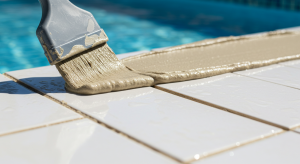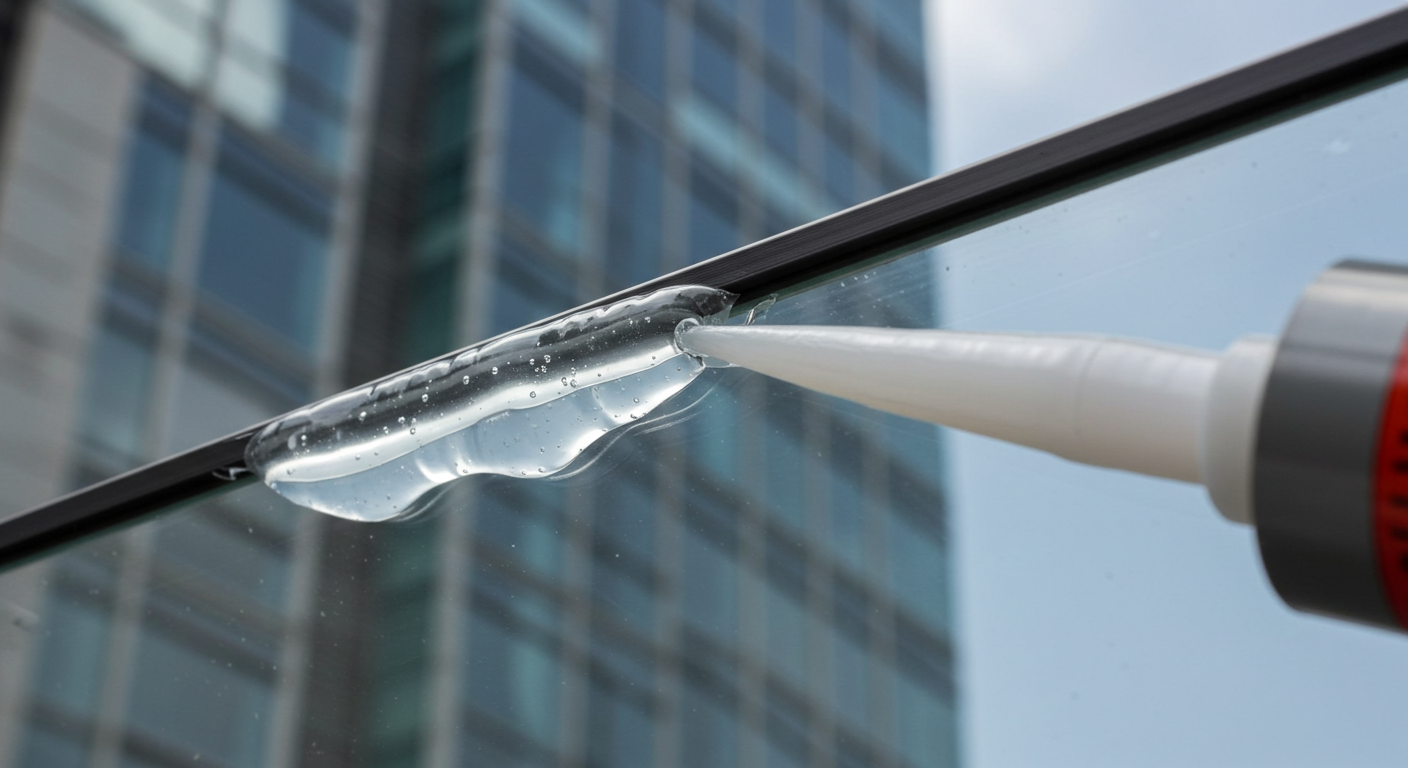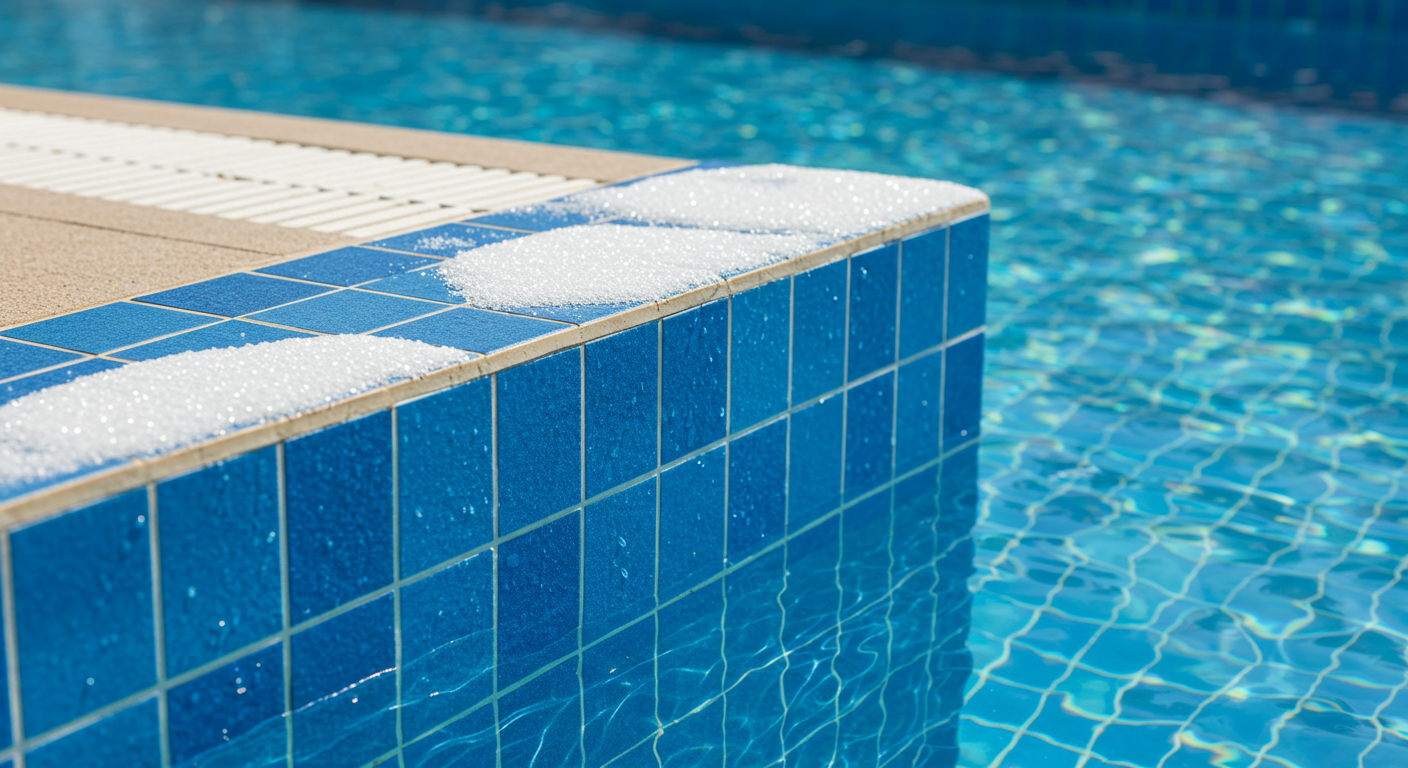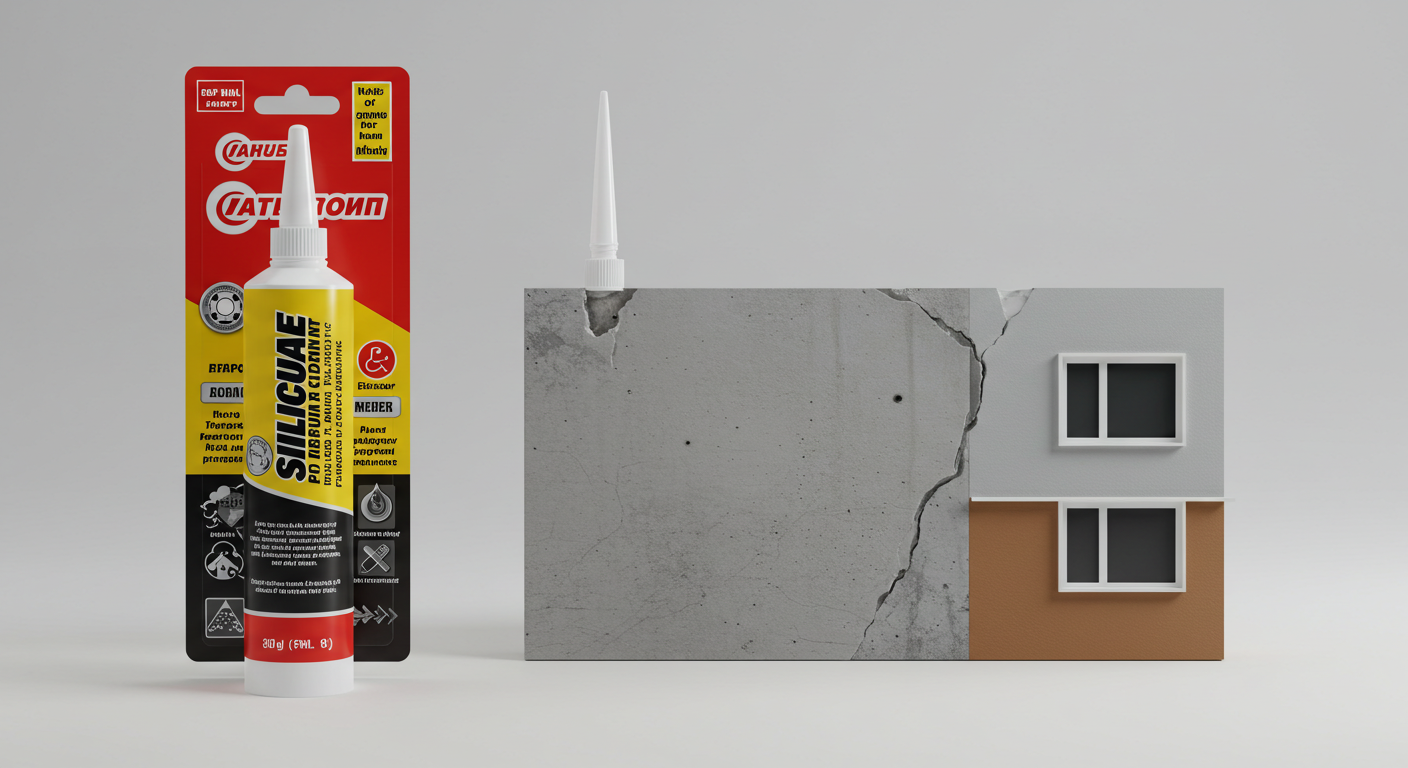Swimming Pool Grout for Waterproofing Tiles: What You Need to Know
2025-02-01

Swimming pools are synonymous with fun, relaxation, and luxurious living, but ensuring they remain in top condition involves more than just regular cleaning and chemical treatments. One of the most important, yet often overlooked, aspects of pool maintenance is selecting and applying the correct grout for waterproofing tiles. Improper grouting can lead to issues like loose tiles, water leaks, and mold growth. But with the right swimming pool grout and maintenance, you can enhance your pool’s appearance while protecting it from long-term damage.
This comprehensive guide dives deep into the role of grout in pools, the types available, their benefits, and maintenance strategies to keep your pool looking and functioning perfectly.
What Is Swimming Pool Grout, and Why Does It Matter?
Grout is the material used to fill gaps between tiles and plays a critical role in holding them together. However, in a swimming pool, grout does much more than that. It creates a waterproof barrier that prevents water from seeping beneath the tiles and damaging the underlying surfaces.
Pools are exposed to constant water pressure, chemicals like chlorine, and fluctuating temperatures, which can weaken ordinary grout. Without specialized waterproof grout, tiles can loosen or crack, causing long-term structural damage and mold issues. This is why investing in the right grout is not just a cosmetic decision but a protective measure.
Types of Grout: Epoxy vs. Cementitious
When it comes to swimming pool grout, there are two major types: epoxy grout and cementitious grout. Each type offers unique properties, so understanding their differences will help you make the best choice for your pool.
| Feature | Epoxy Grout | Cementitious Grout |
|---|---|---|
| Water Resistance | Fully waterproof; forms an impermeable barrier | Moderate resistance but requires sealing for full protection |
| Durability | Exceptionally durable, resistant to cracks | Susceptible to cracking and erosion over time |
| Stain Resistance | Excellent; resists stains, mold, and mildew | Prone to stains without regular sealing |
| Ease of Application | Requires careful application; fast curing | Easier to apply but requires maintenance |
| Cost | Higher upfront cost, low long-term maintenance | Lower initial cost, higher long-term maintenance |
Which Grout Should You Choose?
Choosing the right grout depends on your pool’s usage and maintenance preferences. For residential pools where low maintenance is a priority, epoxy grout is often recommended due to its durability and resistance to water and stains. On the other hand, if you’re managing a larger, decorative, or commercial pool, cementitious grout could be more budget-friendly, provided you’re ready for periodic sealing and repairs.
Benefits of Waterproof Grout for Pool Tiles
Grout does more than just hold tiles in place. When properly selected and applied, it acts as a barrier to protect the pool’s structure and enhance its visual appeal. Here are some of the key benefits:
Prevents Water Damage
Waterproof grout creates a protective seal that prevents moisture from seeping through to the underlying materials. Water infiltration can lead to problems like eroding adhesives, shifting tiles, and foundational damage. By using the right grout, you safeguard the structural integrity of your pool and minimize the risk of costly repairs.
Reduces Mold and Algae Growth
Pool environments, with their constant moisture and warm temperatures, create ideal conditions for mold and algae to grow. Non-porous, waterproof grout blocks moisture retention, making it harder for mold spores and algae to develop. This not only keeps your pool cleaner but also promotes a healthier environment.
Maintains Aesthetic Appeal
Discolored or cracked grout can ruin the overall look of a pool. Waterproof grout preserves the color and texture of grout lines, ensuring that your pool remains visually appealing. Stain-resistant properties prevent discoloration, even with prolonged exposure to water and pool chemicals.
Improves Tile Stability
Over time, improper or weakened grout can cause tiles to loosen, creating uneven surfaces and safety hazards. Waterproof grout provides superior bonding, ensuring that tiles stay in place and remain secure under constant water pressure.
How to Apply Swimming Pool Grout for Maximum Waterproofing
Proper application of swimming pool grout is essential for maximizing its effectiveness. Follow these detailed steps for a successful application:
Step 1: Prepare the Surface
Clean the tile joints thoroughly to remove any dirt, debris, or remnants of old grout. Use a stiff brush and a cleaning solution to scrub away any contaminants. Rinse the surface with clean water and let it dry completely before proceeding.
Step 2: Mix the Grout Correctly
For epoxy grout, mix the resin and hardener according to the manufacturer’s instructions. Cementitious grout requires mixing with water until a smooth, paste-like consistency is achieved. Be careful not to overmix, as this can introduce air bubbles, which compromise the grout’s durability.
Step 3: Apply the Grout
Using a rubber grout float, press the grout into the tile joints at a 45-degree angle. Work the grout deeply into the joints to eliminate air pockets. Ensure that all gaps are fully filled, leaving no voids.
Step 4: Clean Excess Grout
Wipe away any excess grout immediately using a damp sponge or cloth. For epoxy grout, this step is crucial as it hardens quickly. Clean the tile surfaces in circular motions, rinsing the sponge frequently to avoid spreading excess grout.
Step 5: Allow Curing Time
Let the grout cure according to the manufacturer’s instructions. Epoxy grout typically requires 24 to 48 hours, while cementitious grout may need additional curing time depending on humidity and temperature.
Step 6: Apply Sealer (If Necessary)
For cementitious grout, applying a sealer after curing is essential to enhance its water resistance and prevent staining. Use a high-quality waterproof sealer and follow the recommended application process.
Maintenance Tips for Long-Lasting Grout Performance
To maximize the lifespan and effectiveness of your pool grout, regular maintenance is key. Here are some tips to help:
Regular Cleaning
Clean the grout lines and tiles weekly using a pool-safe cleaning solution. This prevents dirt buildup, mold, and algae growth, which can compromise the grout’s appearance and effectiveness.
Conduct Routine Inspections
Inspect the grout regularly for signs of cracking, gaps, or erosion. Early detection of small issues allows for quick repairs, preventing larger problems from developing.
Reapply Sealer Annually
If you have used cementitious grout, reapply a waterproof sealer annually. This adds an extra layer of protection against water infiltration and stains.
Avoid Harsh Cleaning Agents
Steer clear of abrasive chemicals or harsh scrubbers that can erode the grout. Use non-corrosive cleaning products to maintain its integrity.
Common Grouting Mistakes and How to Avoid Them
Even experienced DIYers and professionals can make mistakes during grout application. Here’s what to watch out for:
Skipping Surface Preparation
Improperly prepared surfaces lead to poor grout adhesion and premature failure. Always ensure the tile joints are clean, dry, and free of debris before applying grout.
Incorrect Mixing Ratios
Incorrect mixing can result in weak or improperly cured grout. Follow the instructions precisely, measuring the components accurately to achieve the correct consistency.
Rushing the Curing Process
Cutting corners on curing time can reduce the grout’s water resistance and durability. Be patient and allow sufficient curing time to achieve optimal results.
Why Waterproof Grout Is Worth the Investment
Although waterproof grout may come with a higher upfront cost, its long-term benefits make it a worthwhile investment. By preventing water damage, reducing maintenance needs, and extending the life of your tiles, it ultimately saves you time and money.
With the right grout and proper maintenance, you can enjoy a pool that remains functional, safe, and visually appealing for years. Whether you choose epoxy or cementitious grout, understanding its importance and applying it correctly will ensure your pool remains a valuable asset.
Final Thoughts
Don’t underestimate the role that grout plays in your pool’s performance and appearance. By choosing high-quality waterproof grout and following best practices for application and maintenance, you’ll protect your investment and enjoy a beautiful, damage-free pool for the long term.




